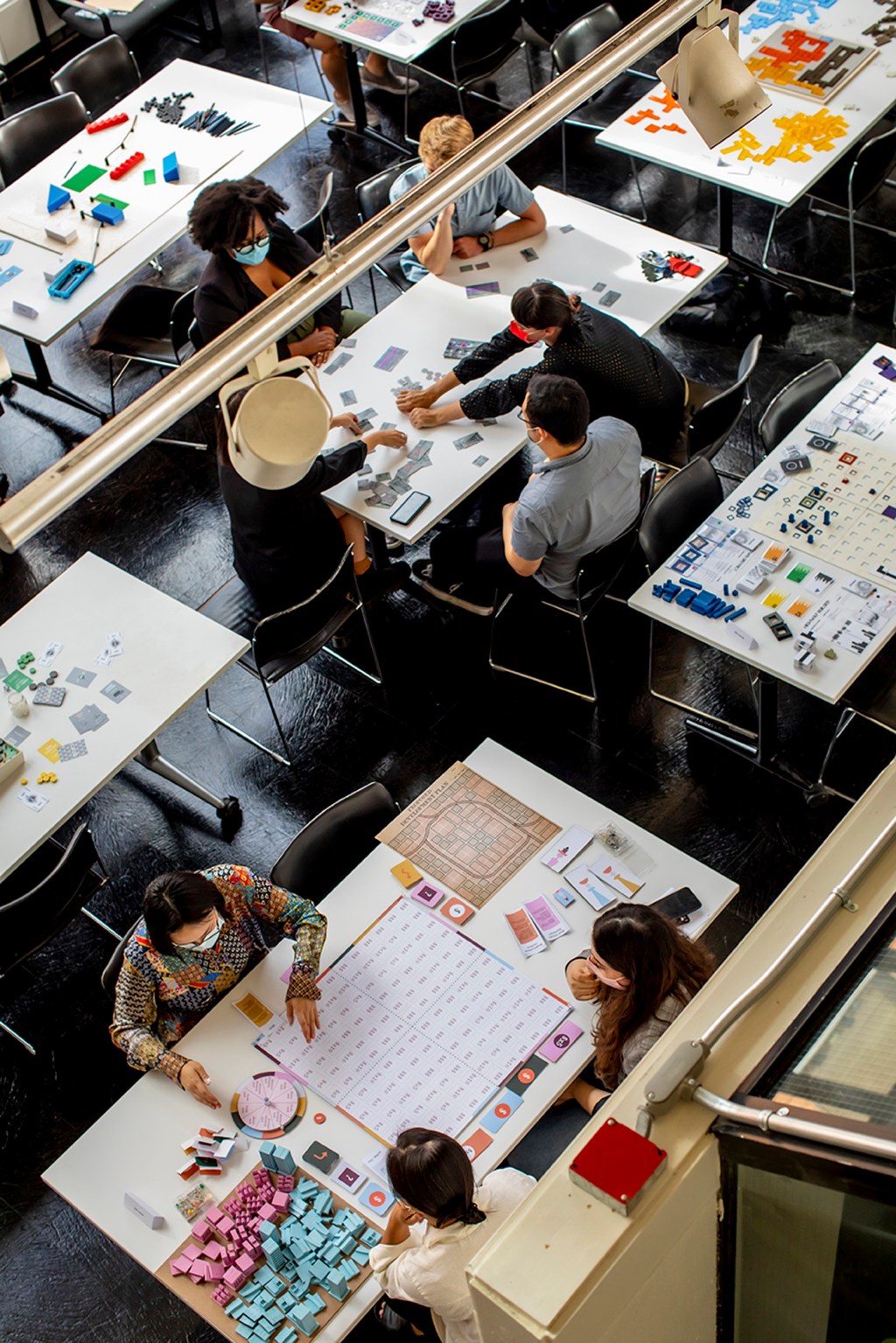Nation & World
-

U.S. needs to keep its friends closer, Pence says
First-term Trump VP: ‘If America isn’t leading the free world, the free world is not being led.’
-

‘Vibes or hunches’ don’t help win elections
Political analytics conference convenes experts on voter trends, election forecasting, behavioral research
-

U.S. just didn’t get China, Bolton says
Asian nation now main economic, military threat to Western democracies, according to former national security adviser
-
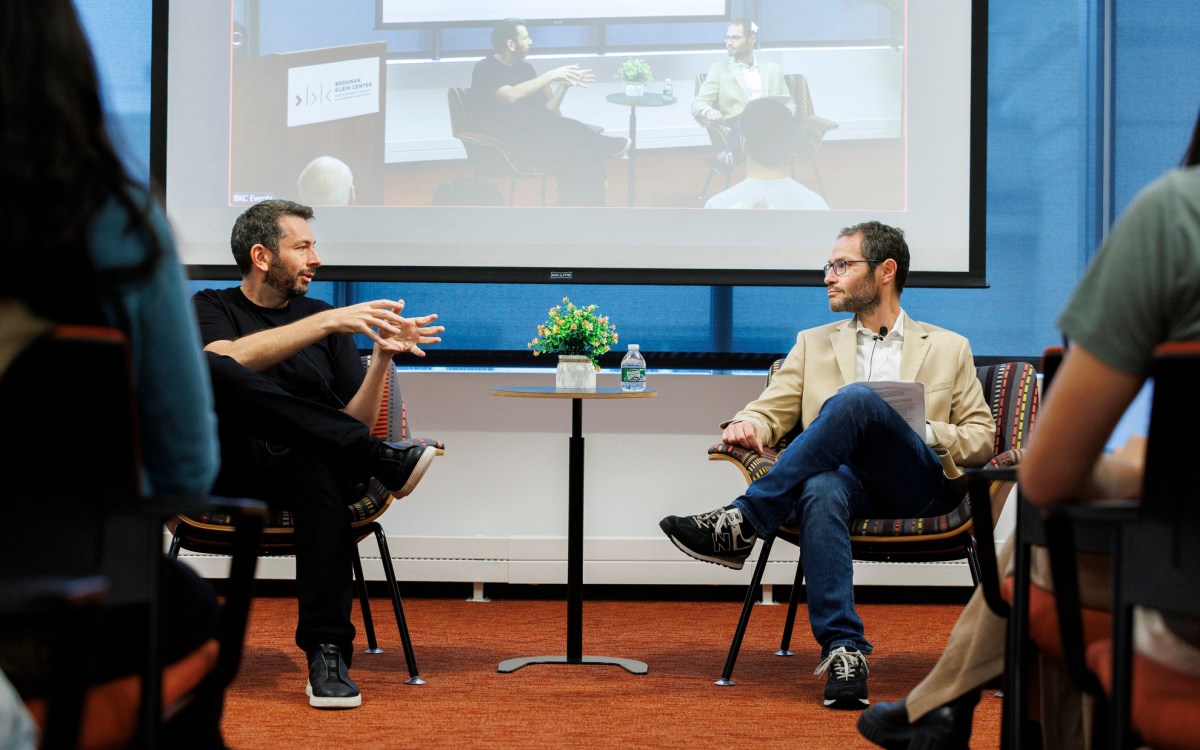
Artificial intelligence may not be artificial
Researcher traces evolution of computation power of human brains, parallels to AI, argues key to increasing complexity is cooperation
-
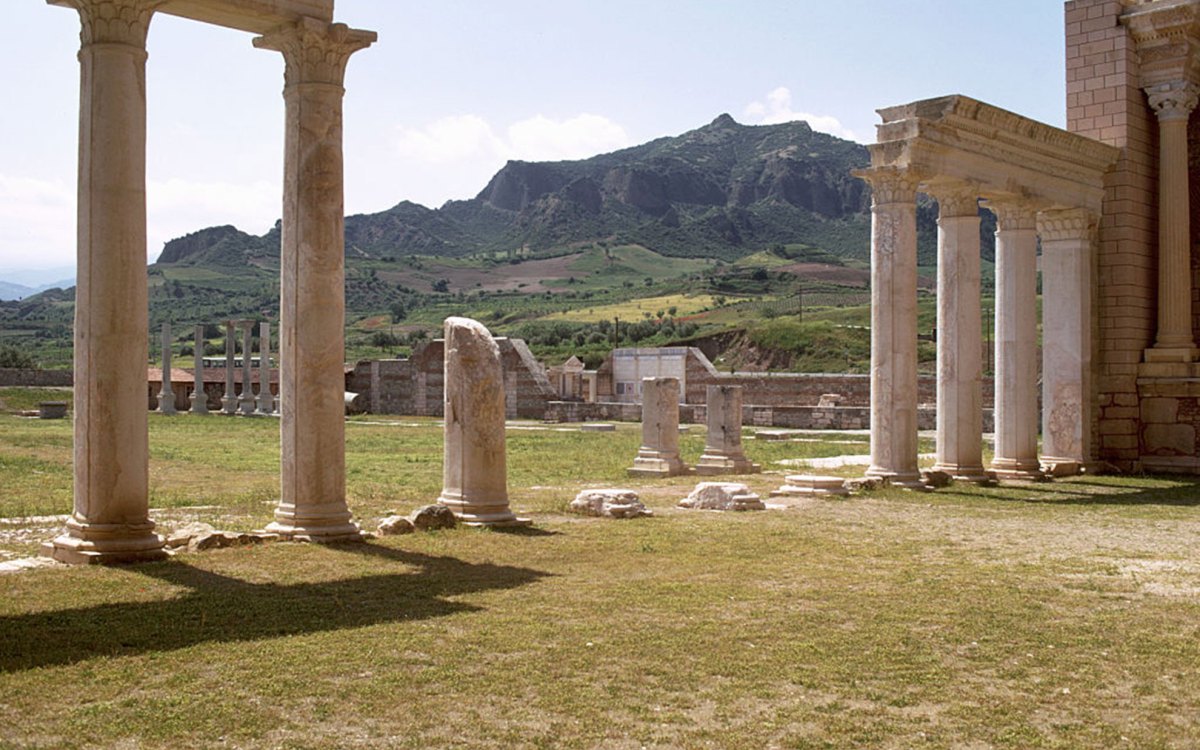
Sardis named a UNESCO World Heritage Site
Designation comes as Harvard’s decadeslong archaeological dig uncovers new secrets from remains of ancient Turkish city
-
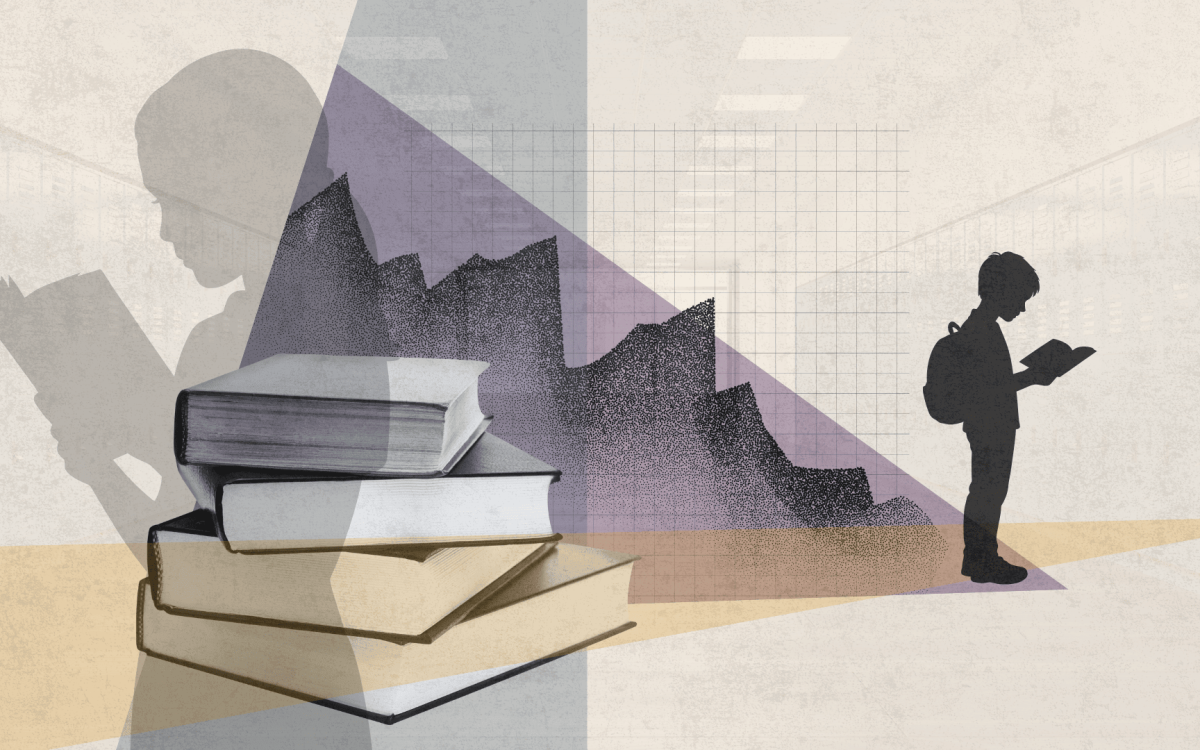
What’s driving decline in U.S. literacy rates?
In podcast, experts discuss why learning to love to read again may be key to reversing trend
-
Bearing witness to Ukraine war through eyes of refugees
Documentary photographer and alum travels world to raise awareness of plight of those fleeing violence, persecution.
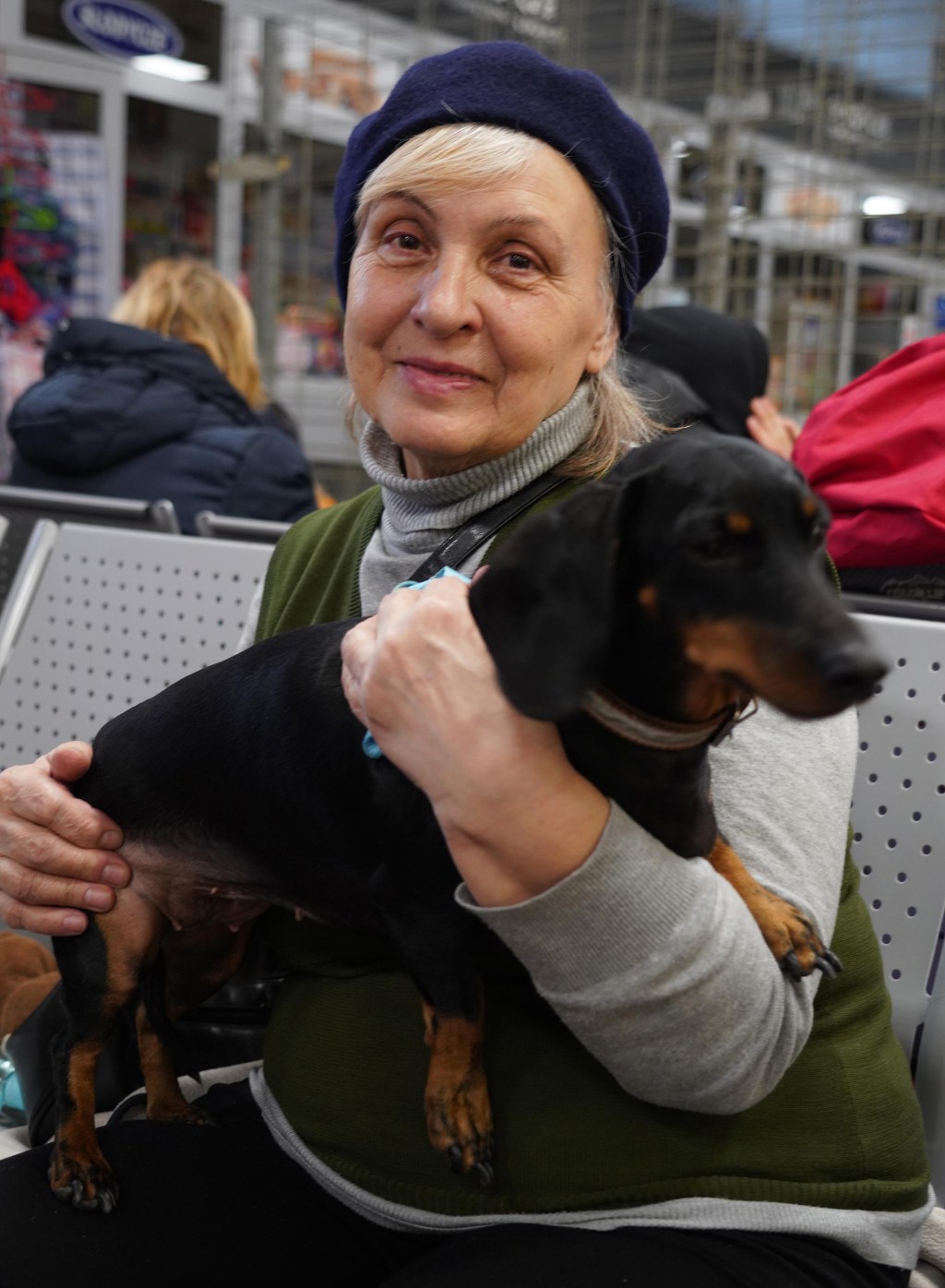
-
How weight-loss industry profits on shame
Excerpted from a new book by Cathy O’Neil, Ph.D. ’99, “The Shame Machine: Who Profits in the New Age of Humiliation.”
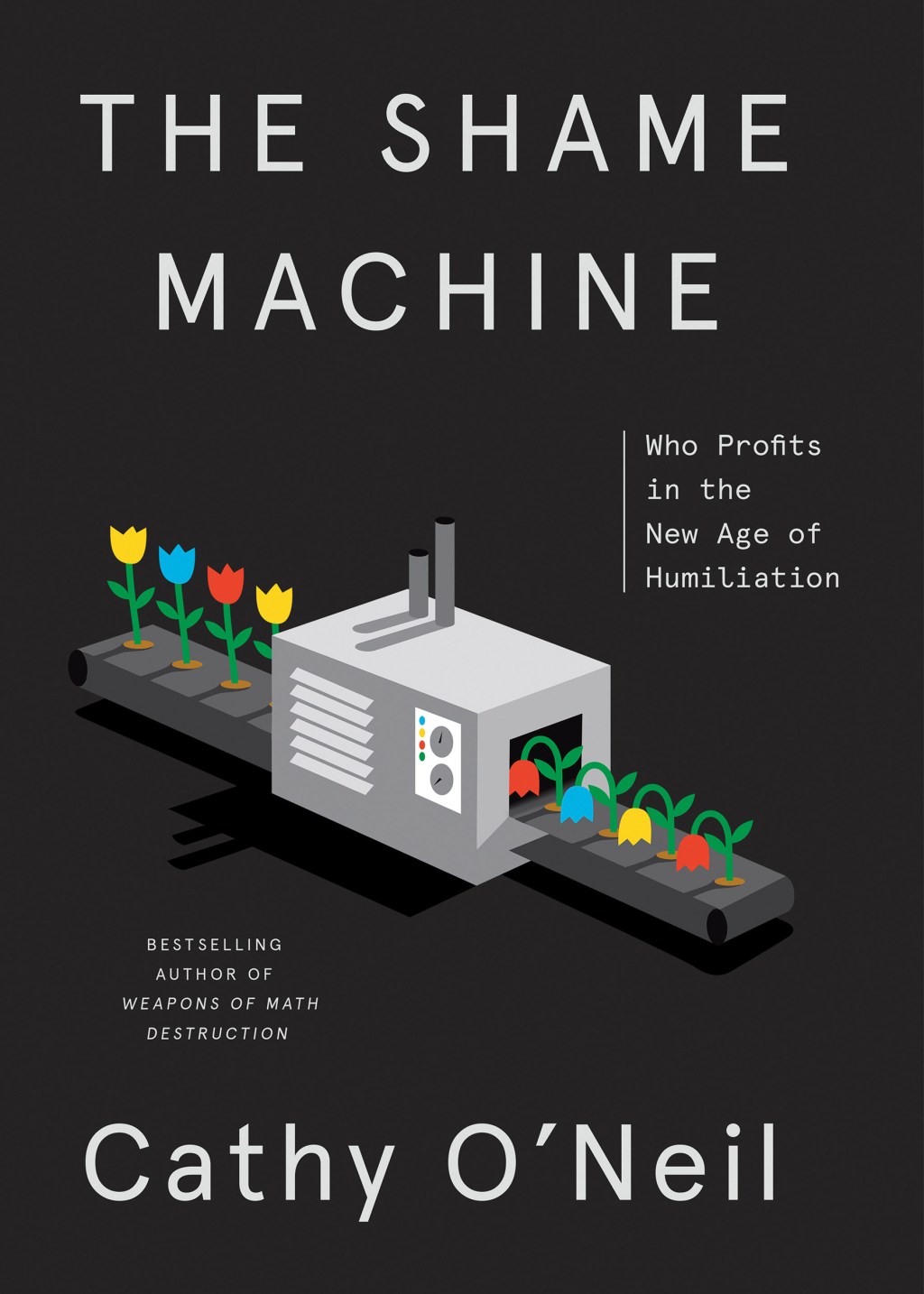
-
Legacy of liberal violence
“Legacy of Violence: A History of the British Empire” by Caroline Elkins continues the story she began in her Pulitzer-winning “Imperial Reckoning.”
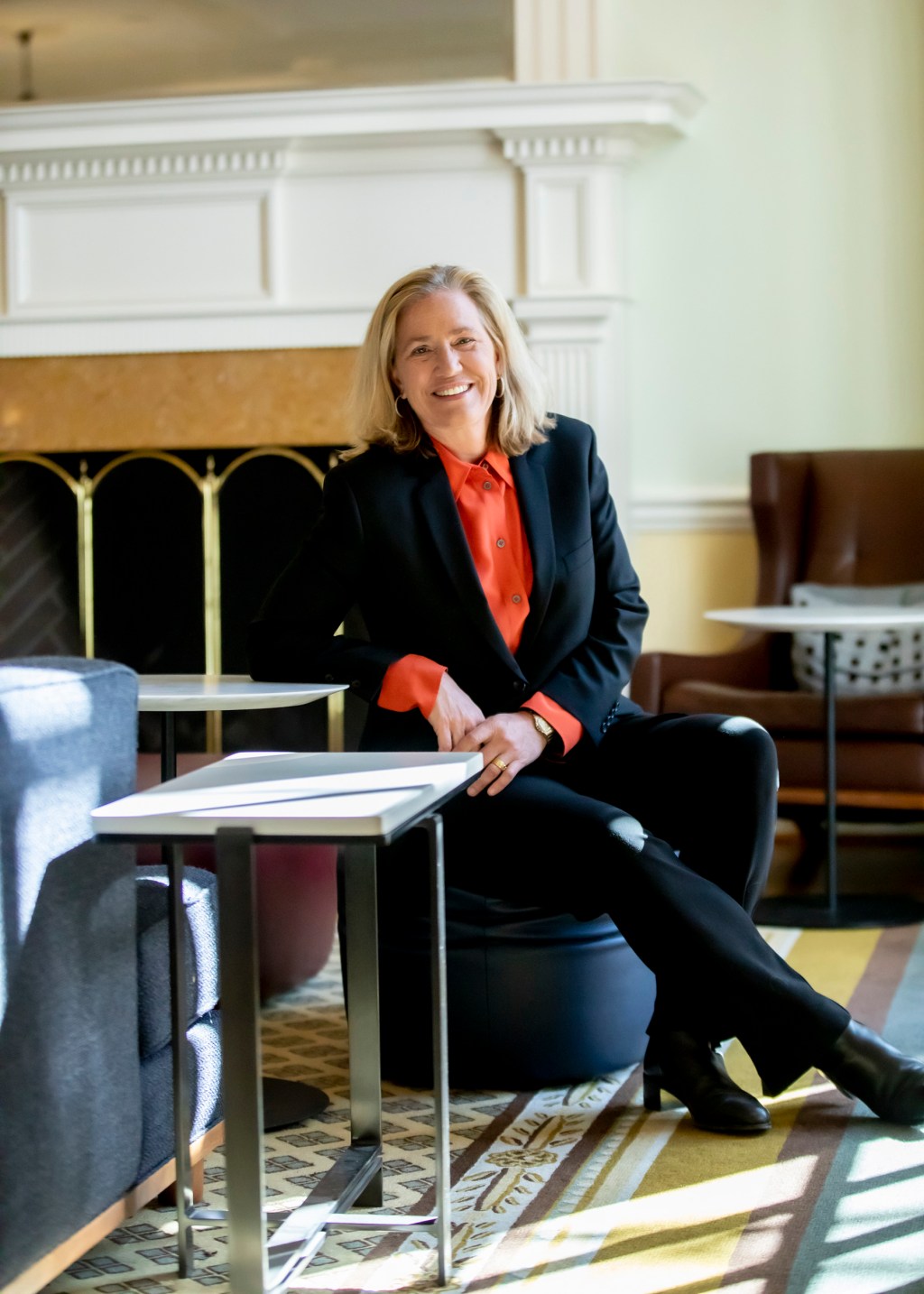
-
Russia’s remaining weapons are horrific and confounding
Matthew Bunn of the Kennedy School discusses the threat and possible fallout of an attack in Ukraine, including the excruciating choices Biden and NATO would face.
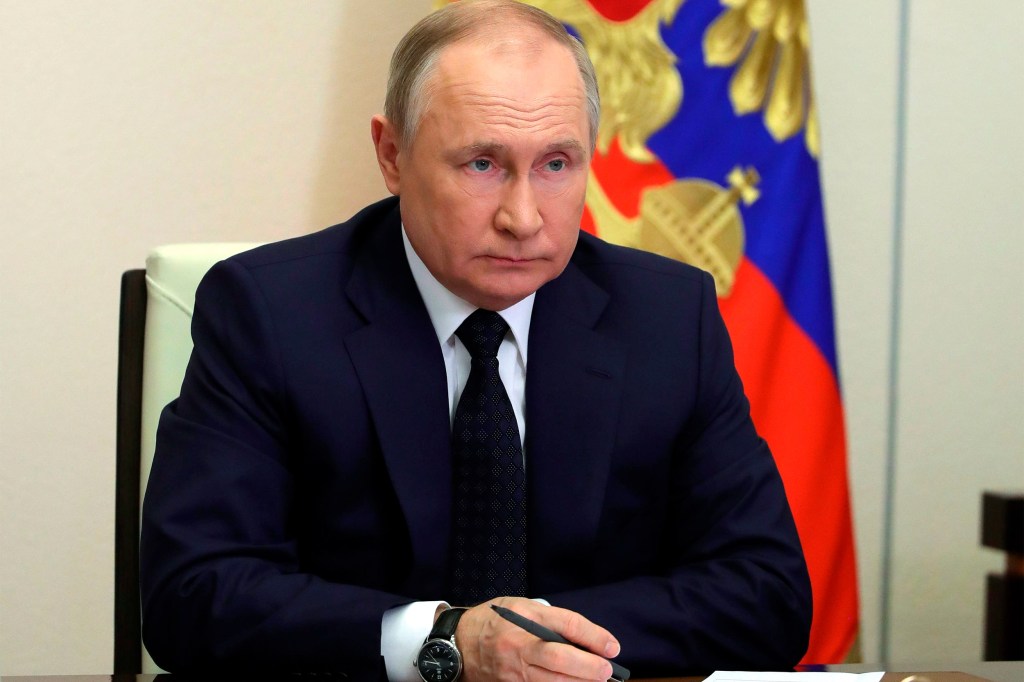
-
Dangers of journalism leave Nieman Fellows grief-stricken
The Nieman Class of 2022 honored Brent Renaud, a 2019 Nieman Fellow who was killed in Ukraine while working on a documentary about the global refugee crisis.
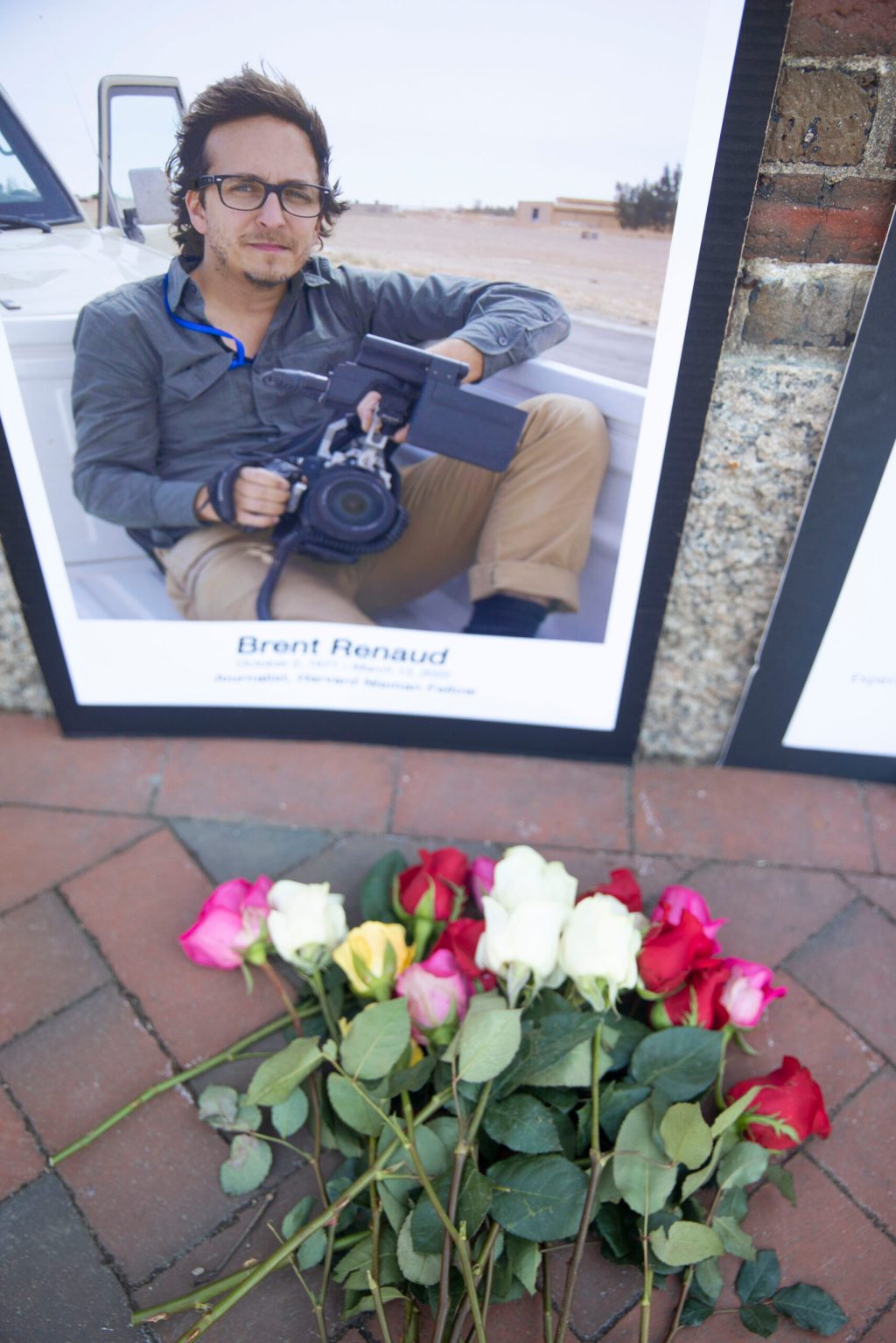
-
Christie takes shots at Trump, Biden
Former N.J. Gov. Chris Christie offered his frank assessments of the political landscape and his friend Donald Trump.
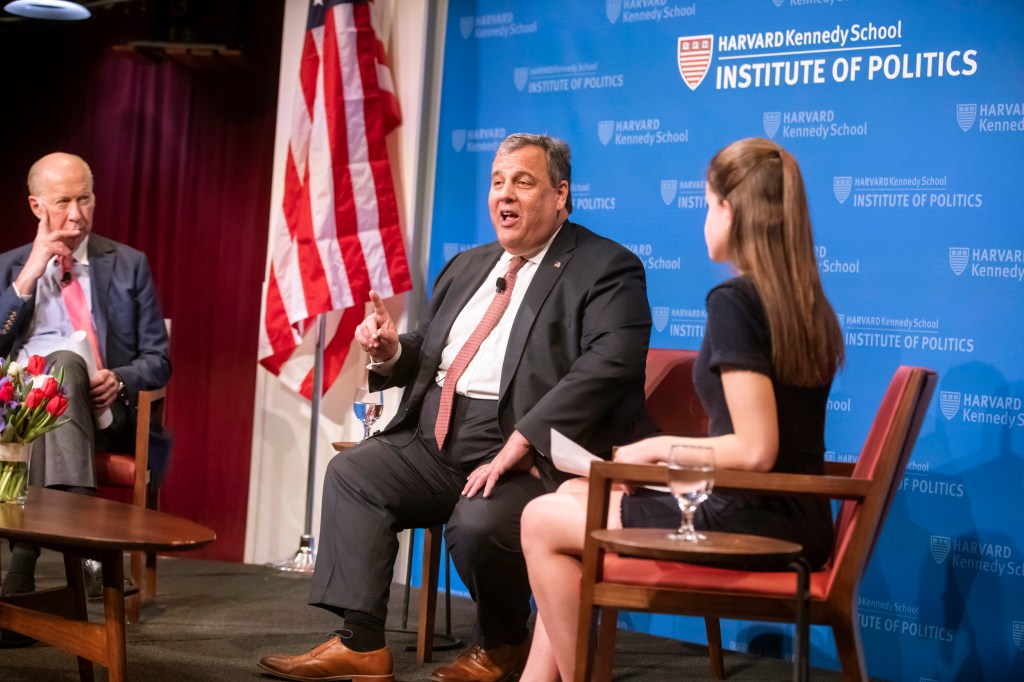
-
Finding exit to war in Ukraine
Panel of Harvard experts will explore best way to negotiate an end to the fighting.
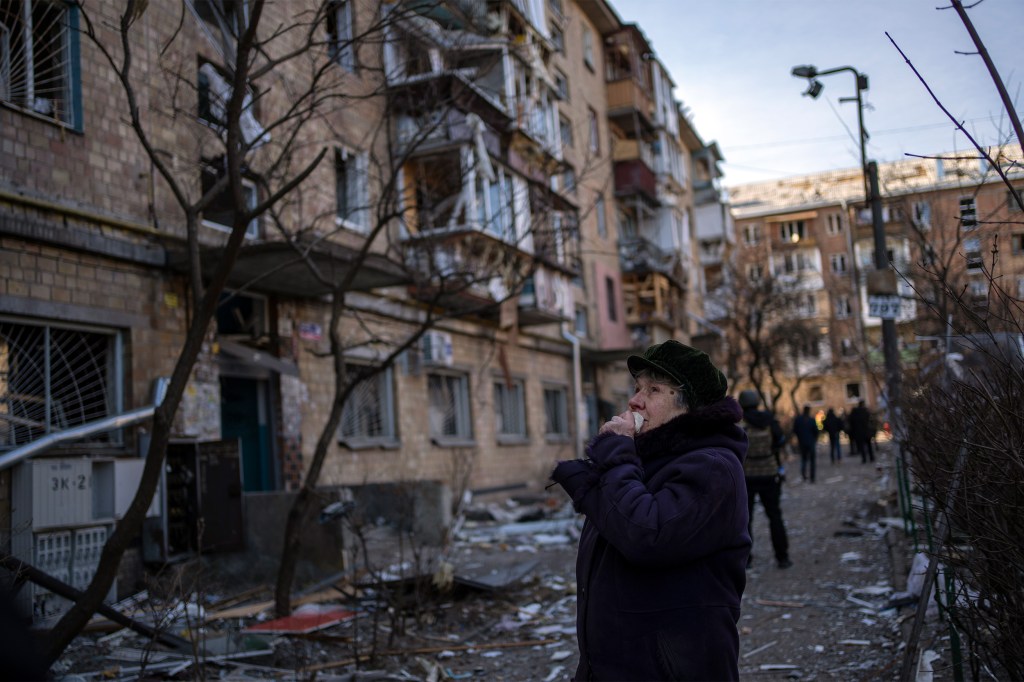
-
Supreme Court nominee’s pioneering background
Nomination of Judge Ketanji Brown Jackson to the Supreme Court shines a light on an overlooked but vital area of the law.
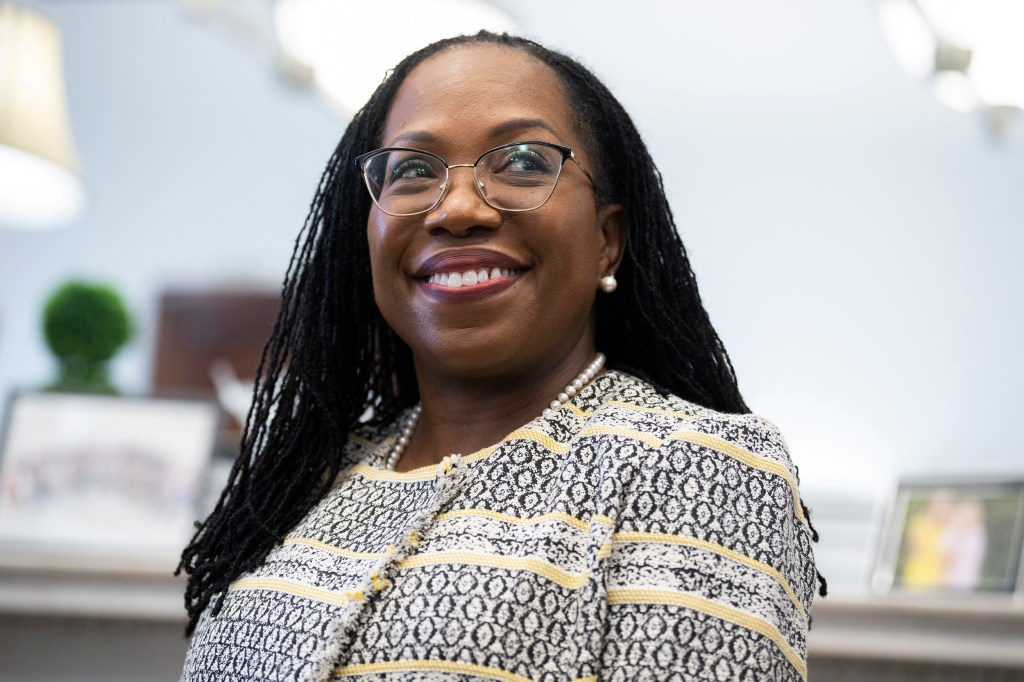
-
Bacow discusses role of higher education institutions in 21st century
Harvard President Larry Bacow spoke at Imperial College London about the future of universities, the war in Ukraine, world crises, free speech.
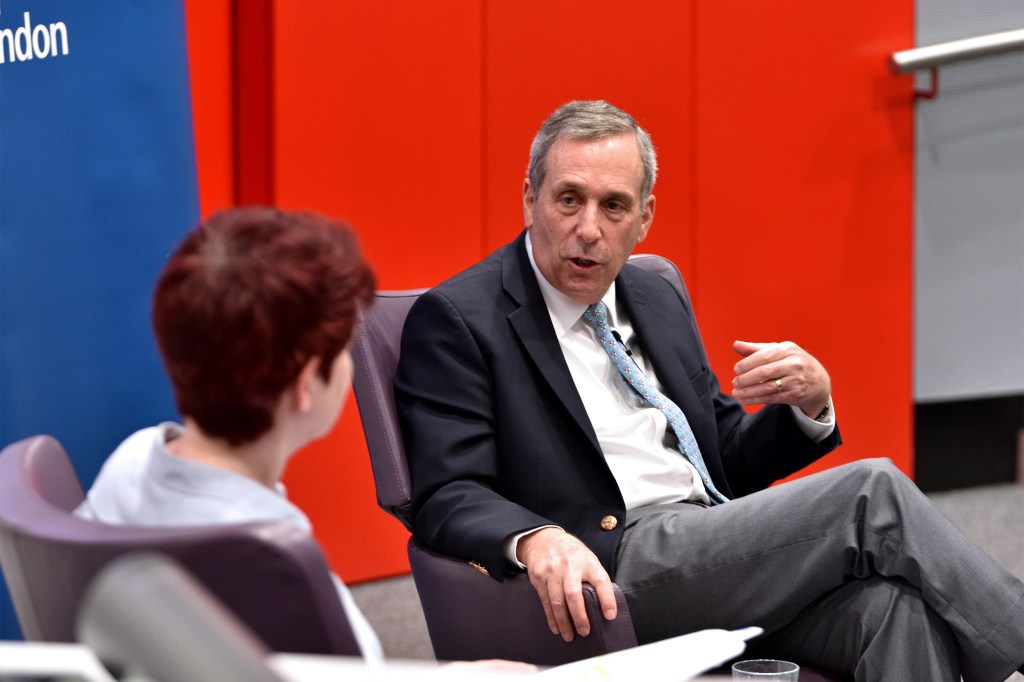
-
Reasons so many teachers joining Great Resignation
Experts at HGSE webinar say districts, schools could offer educators more support to slow departure of teachers.
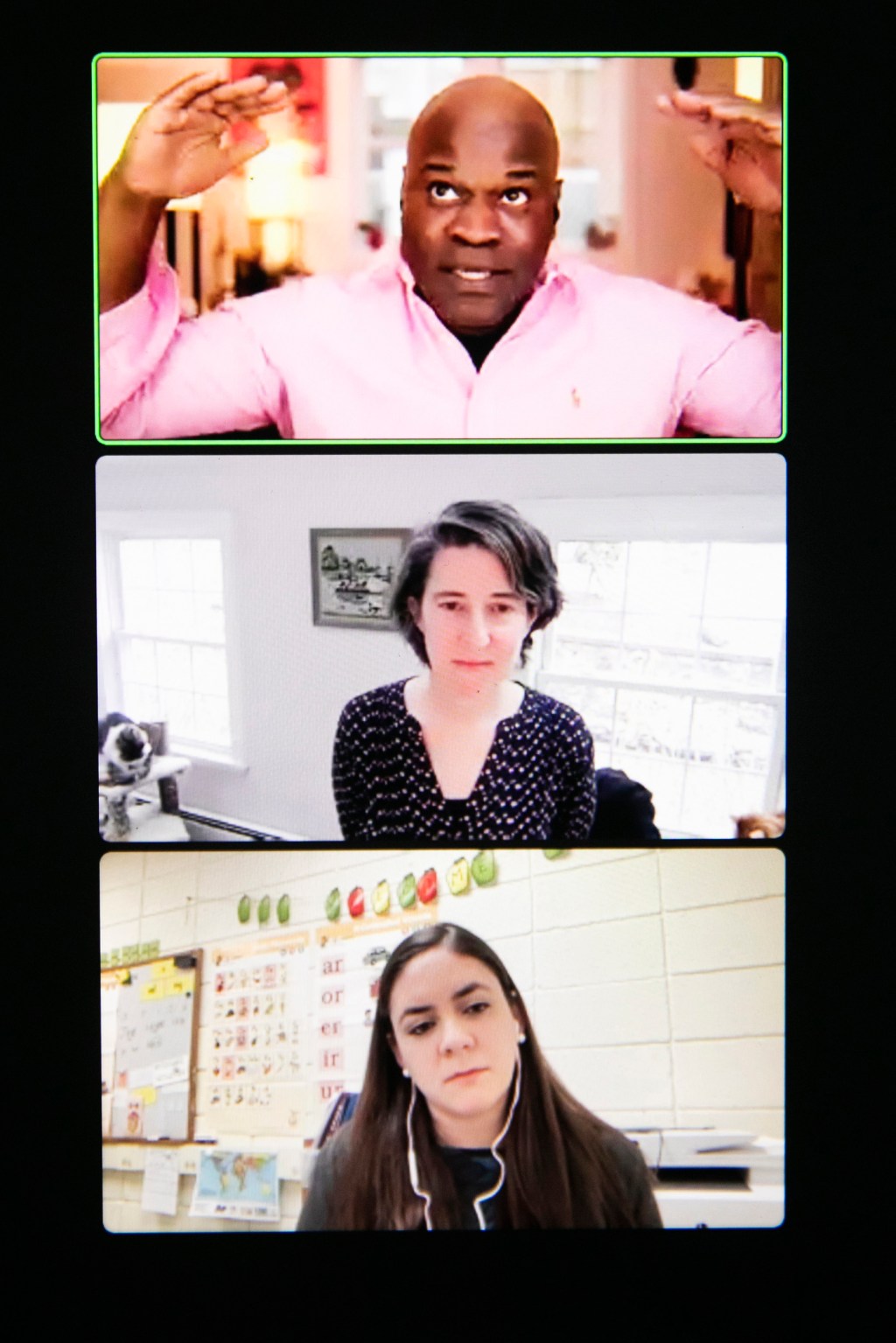
-
How Russians see Russia
Pockets of worry and anger, says ex-Moscow Times journalist, but anti-West sentiment won’t yield easily to Ukraine reality.
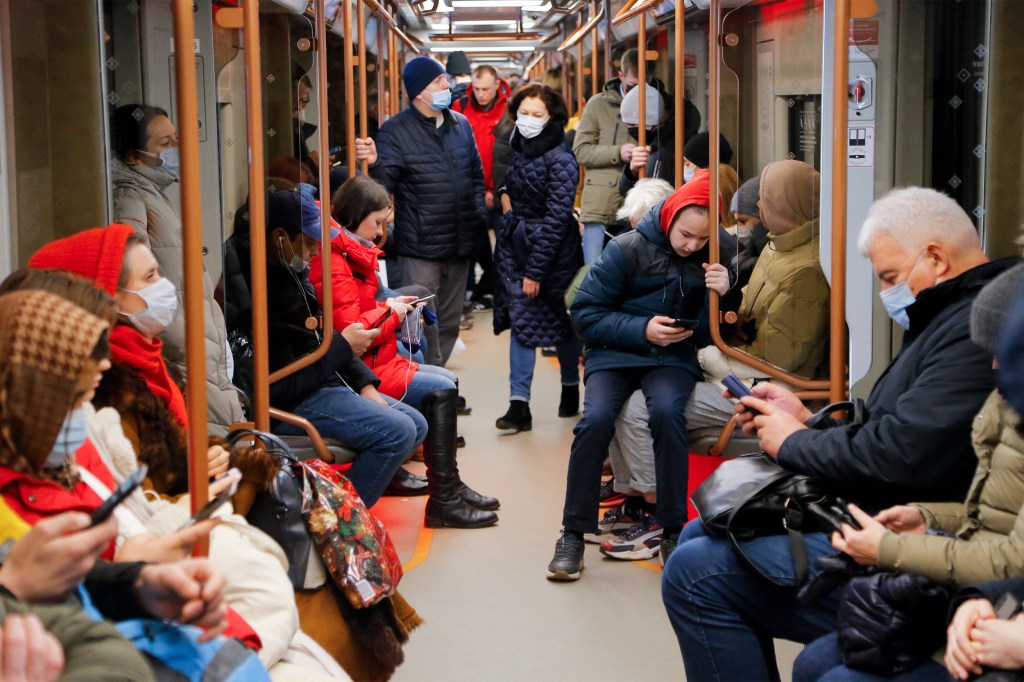
-
What would be signs protests in Russia are making a difference?
Kennedy School expert counts them off: large-scale rallies, staying power of opposition, shift in views of key individuals.
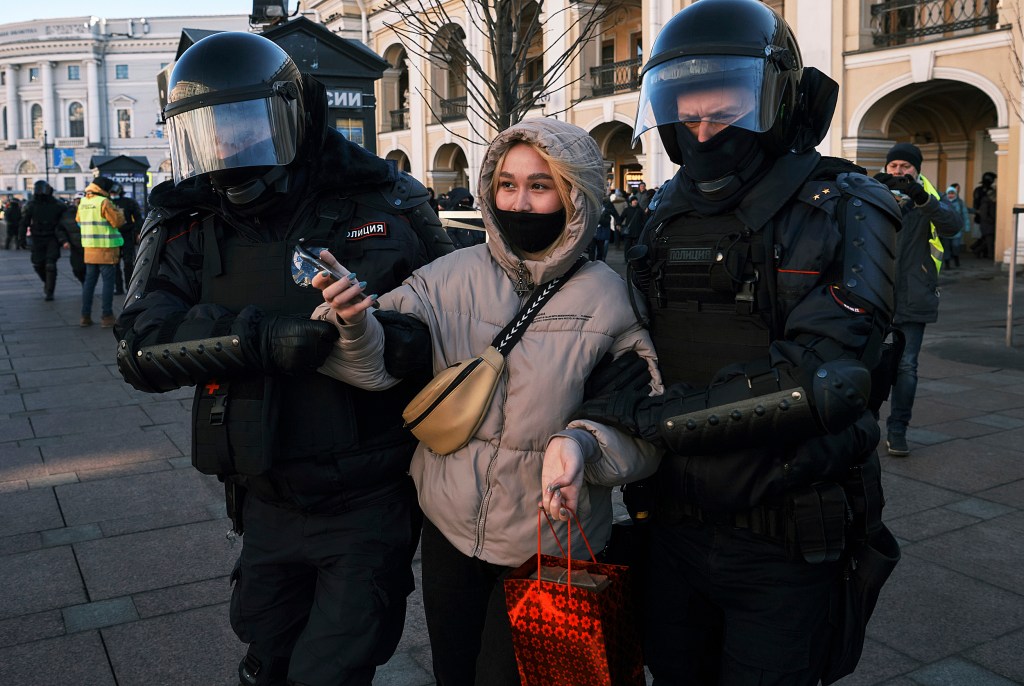
-
Russia’s punishment is a global event
A Harvard panel on the Russia-Ukraine conflict included predictions of dramatic ripple effects as sanctions, corporate action take hold.

-
Lessons of educator’s life
Brandon Foster hopes his journey from juvenile justice system to pursuit of doctoral degree in education leadership inspires struggling students.
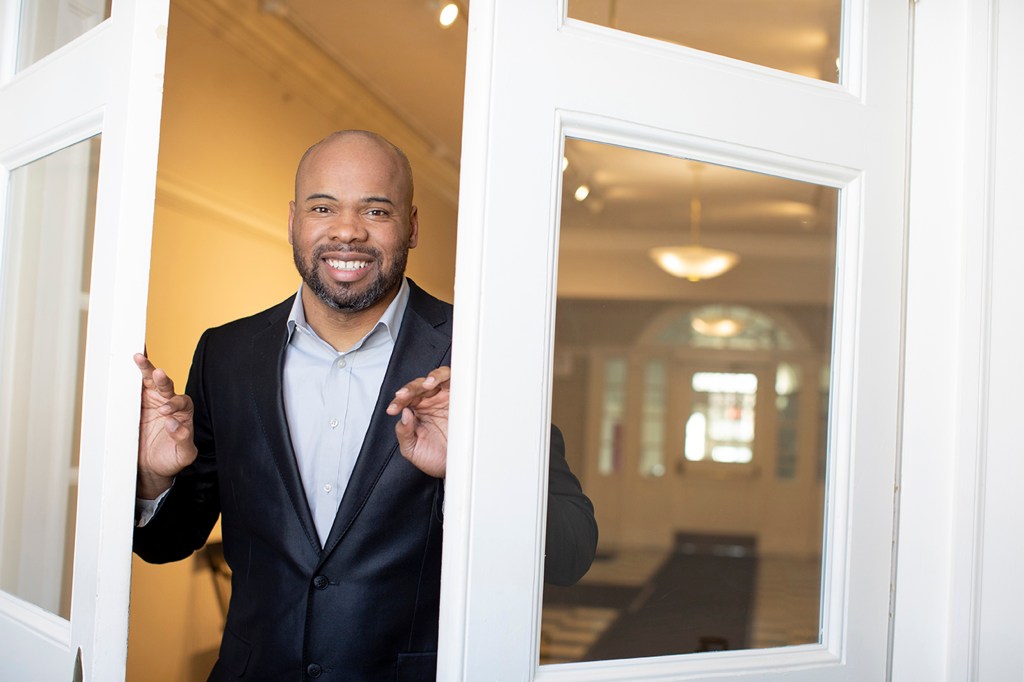
-
Harvard doctor assessing refugees in Poland sees deep psychological wounds
Ukrainians fear for safety of family members as health workers and humanitarian groups provide maternal, pediatric care and treatment for illnesses.
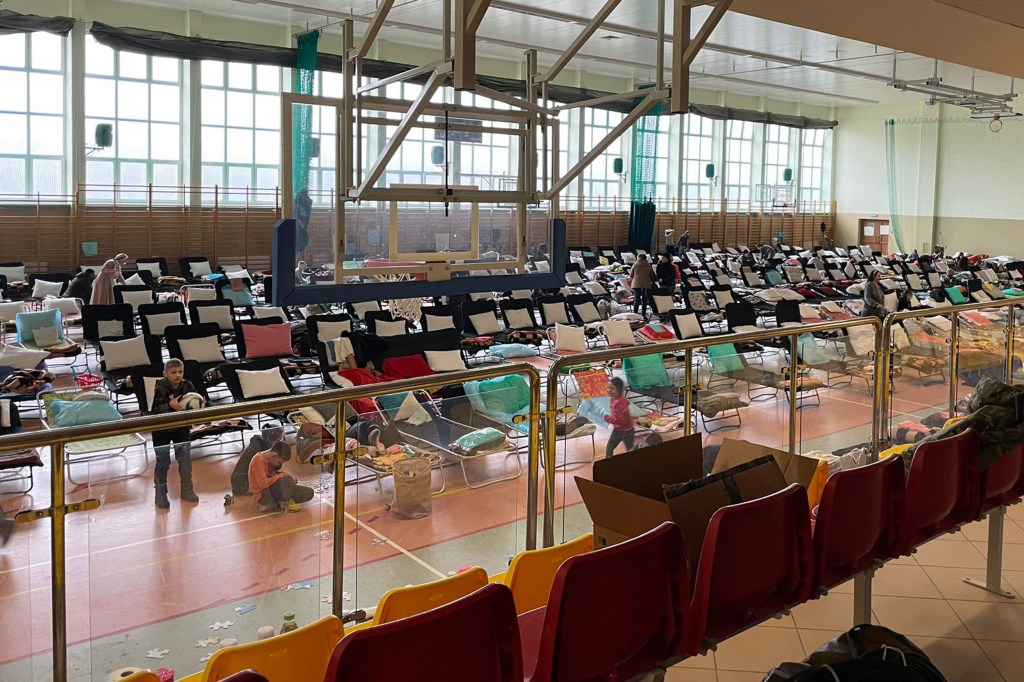
-
Putin’s iron fist vs. Zelensky’s moral clarity
Historian Nancy Koehn, author of “Forged in Crisis,” compares wartime presidents and broader messages their leadership styles send.
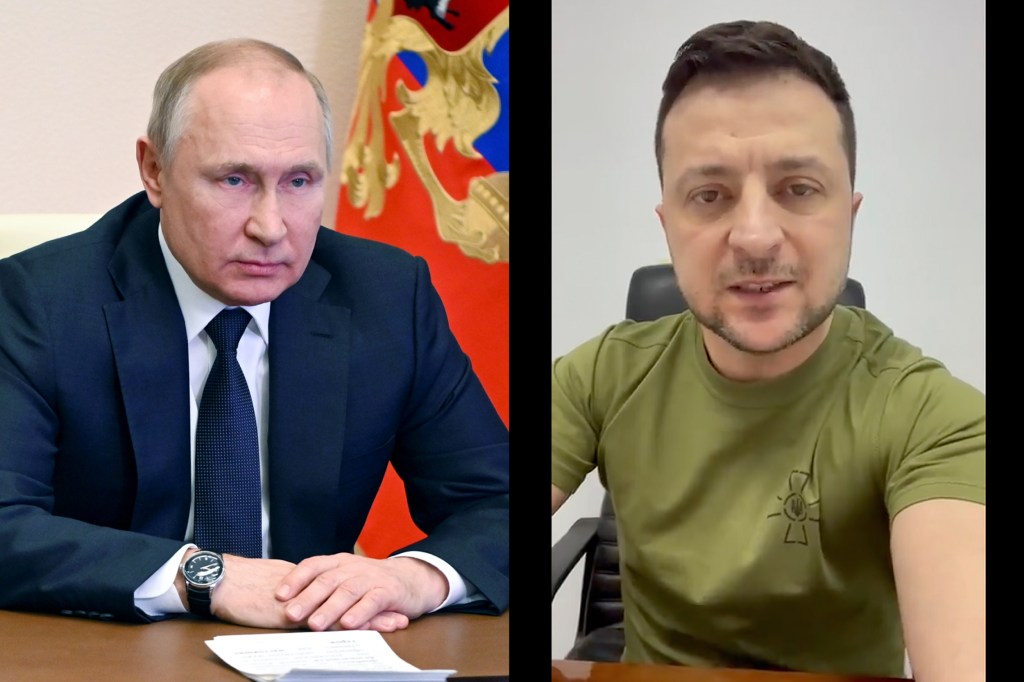
-
Russian attack, takeover of Ukraine plant ramps up nuclear threat
Former U.S. intelligence officer and nuclear counterterrorism expert provides an intelligence view of Russia’s attack and seizure of Ukraine’s largest nuclear power plant last Friday.
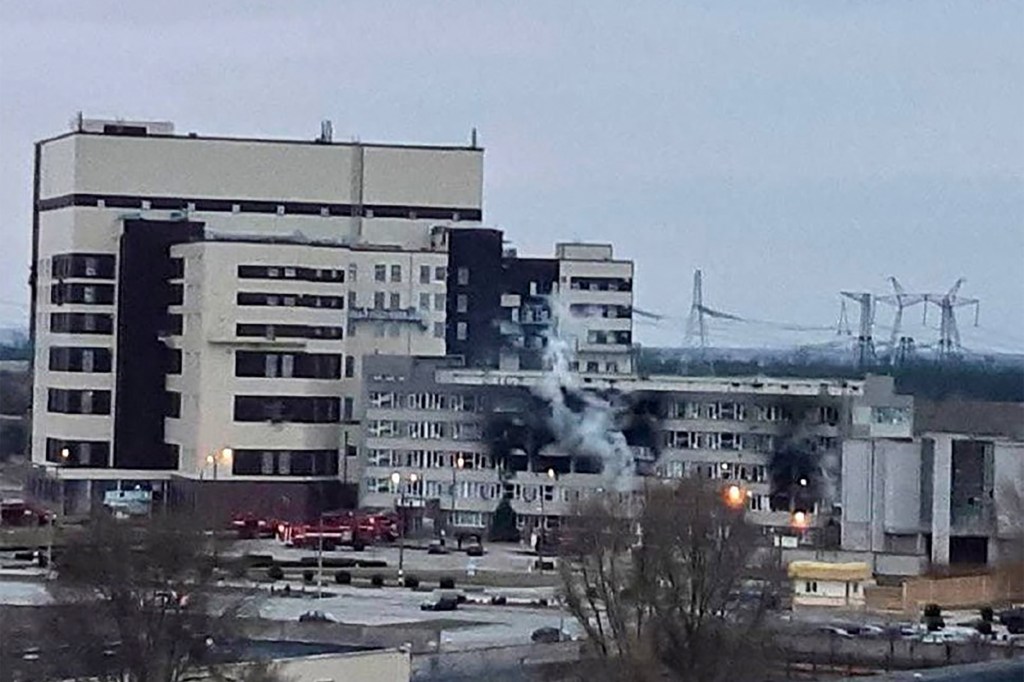
-
Will China’s support for Russia hold as condemnation over Ukraine grows?
In talk Thursday, HKS China expert Anthony Saich and Alexandra Vacroux, executive director of the Davis Center for Russian and East Asian Studies, assess the ways Russia’s war on Ukraine could shape China’s ambitions for Taiwan.
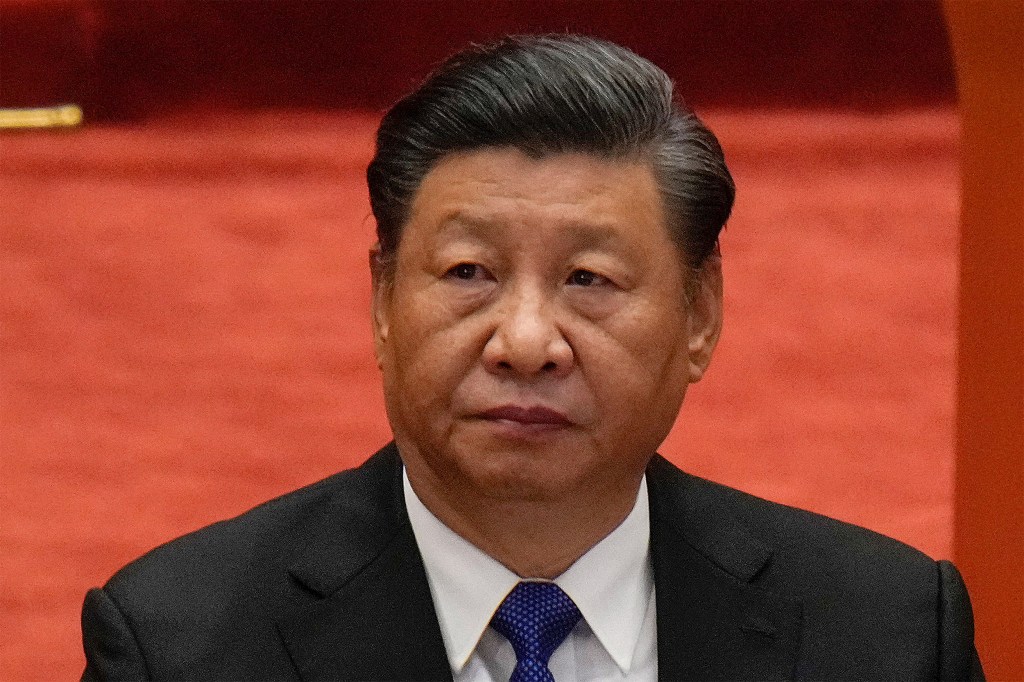
-
It’s going to get worse before it gets better in Ukraine
A panel of scholars offered their military, historical, and intelligence perspectives on the rapidly evolving Russian invasion of Ukraine.
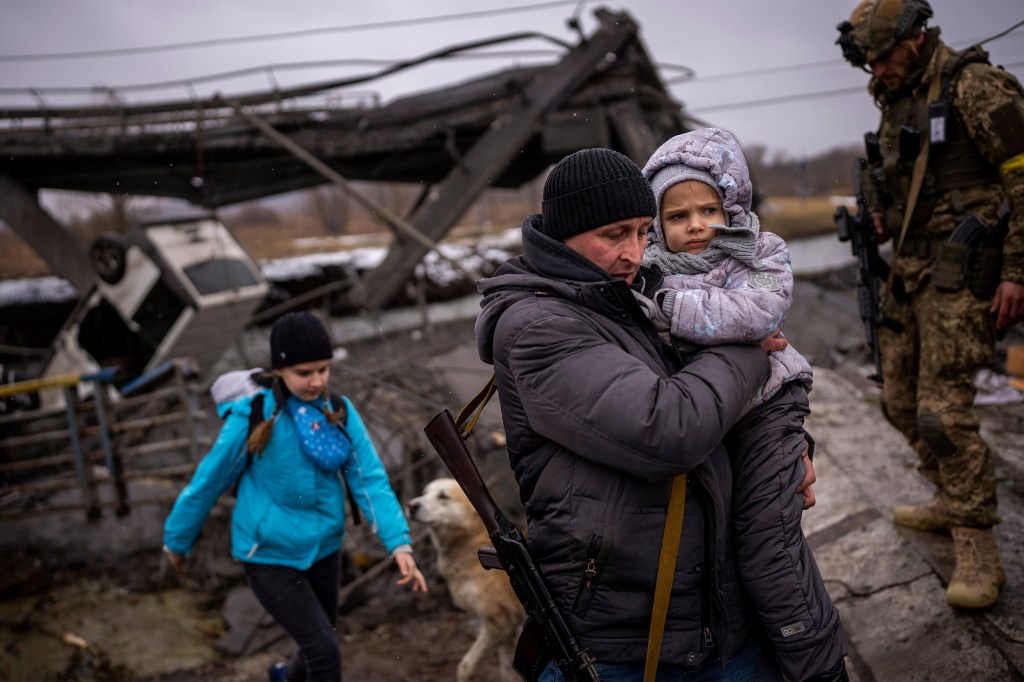
-
Why peace in Ukraine isn’t likely soon
At a Harvard panel, experts examined the historical roots of the Russian invasion of Ukraine and assessed where the situation stands.
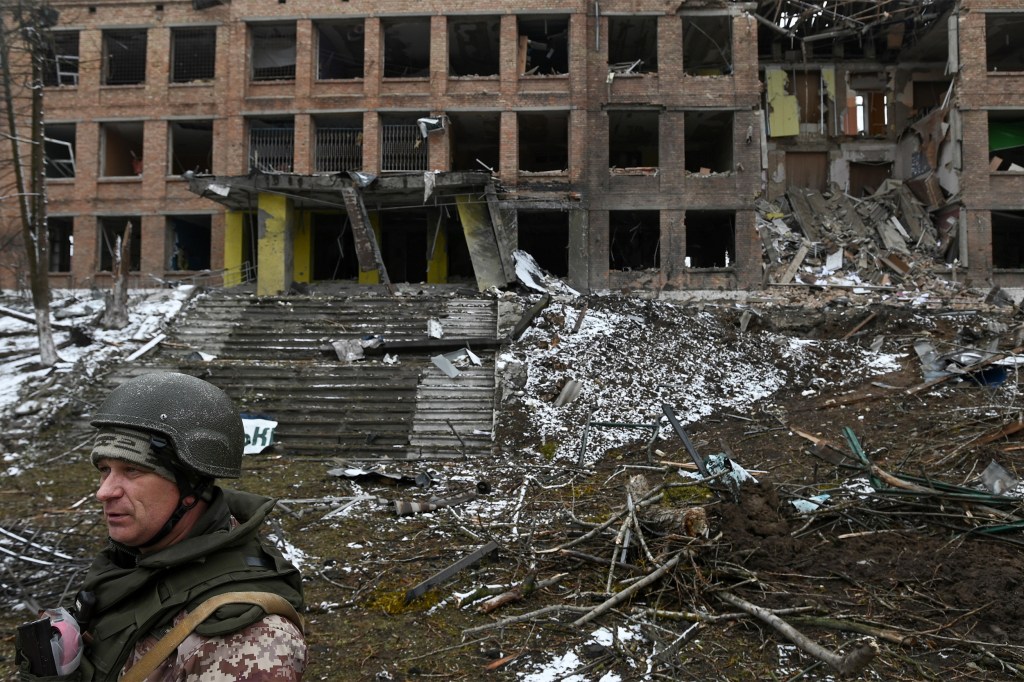
-
Link between Ukraine fighting, fossil fuels
German activists say shifting to renewable energy sources could produce environmental, peace dividends.
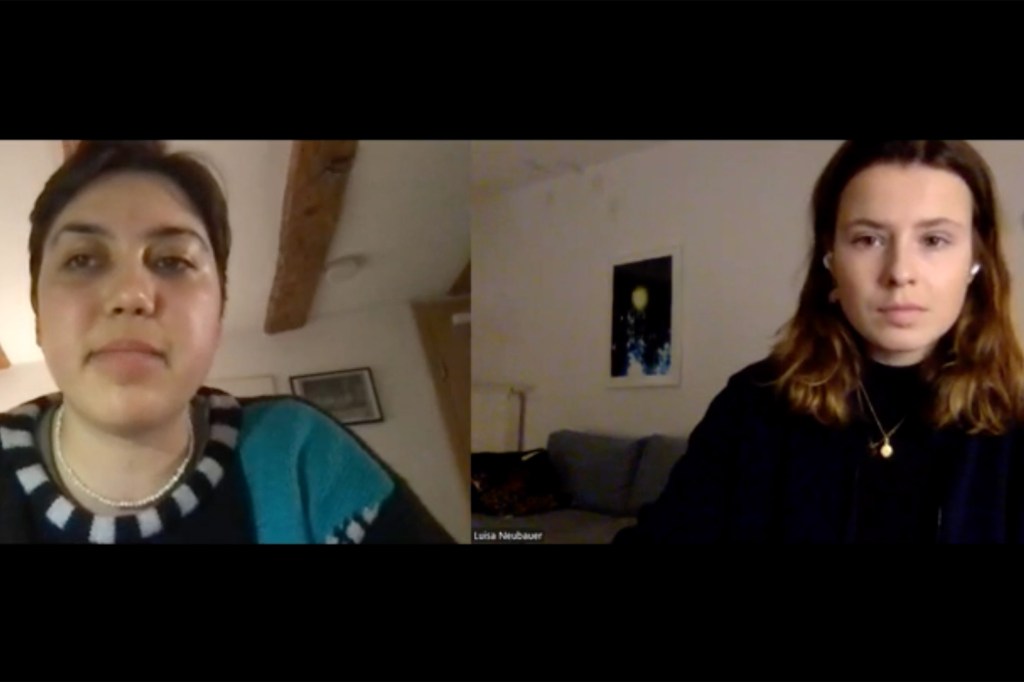
-
What’s it take to be astronaut?
NASA picks emergency-room doctor, researcher, Afghanistan vet pilot, triathlete Anil Menon ’99 for mission training.

-
Physician-writers point to power of storytelling
TV producer and alum Neal Baer and memoirist Suzanne Koven of MGH say storytelling is the best way to touch emotions and promote change.
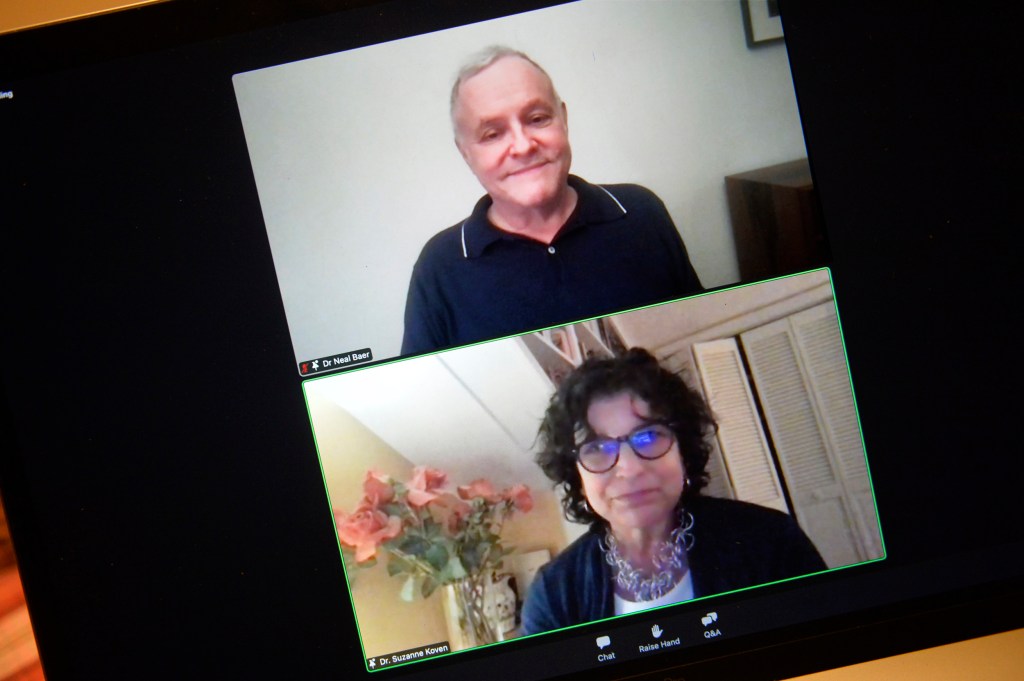
-
Scholars inside Ukraine describe country determined to fight back
Panelists in Harvard discussion praise Zelensky and urge support for communities under attack.
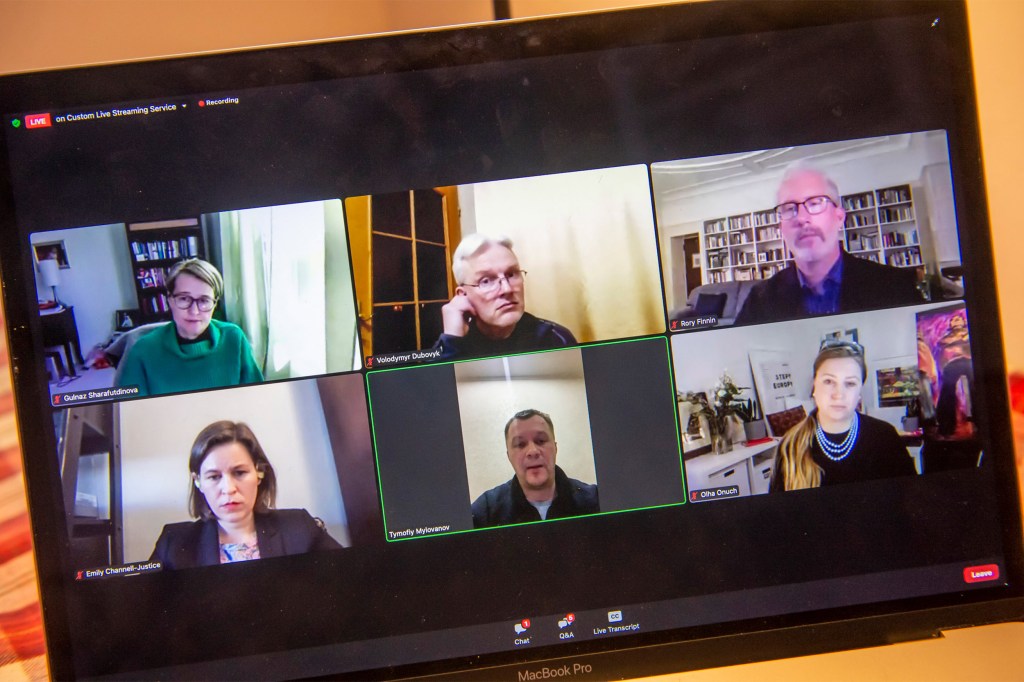
-
Ukraine stands firm, but so does Putin’s inner circle
Russia expert assesses the unfolding conflict, including nuclear tensions, step toward negotiations, and influence of oligarchs.
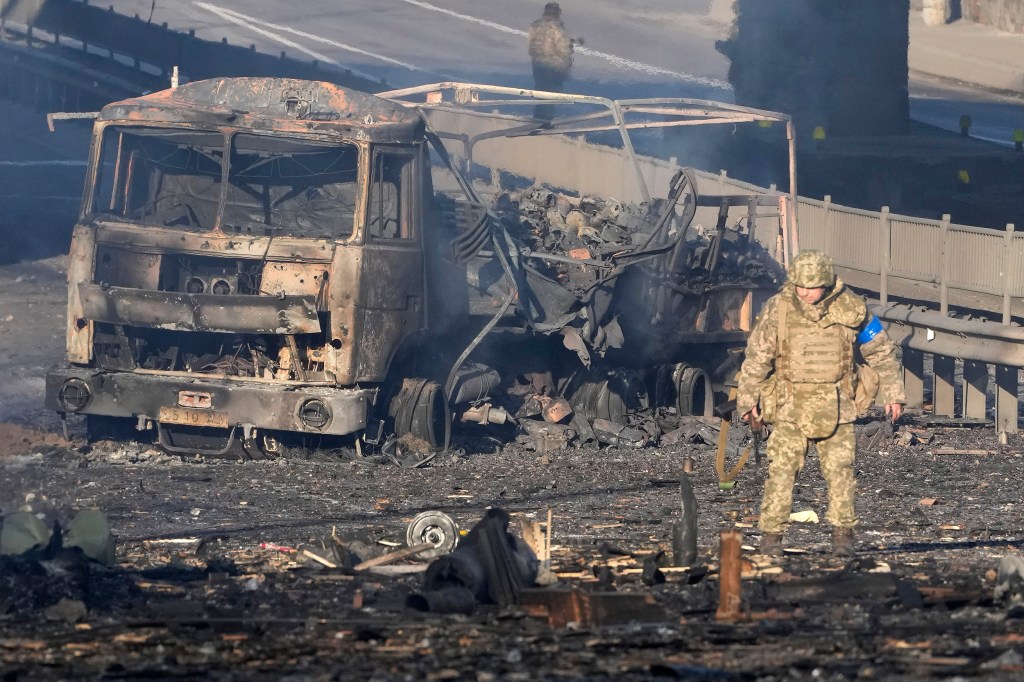
-
What happens next in Ukraine?
Harvard experts say it’s difficult to predict what Putin will do next and sort through various scenarios.

-
Wide range of possible targets for Russian cyber strikes, from infrastructure to smartphones
Analyst sees range of possible targets for cyber strikes, from infrastructure to smartphones.
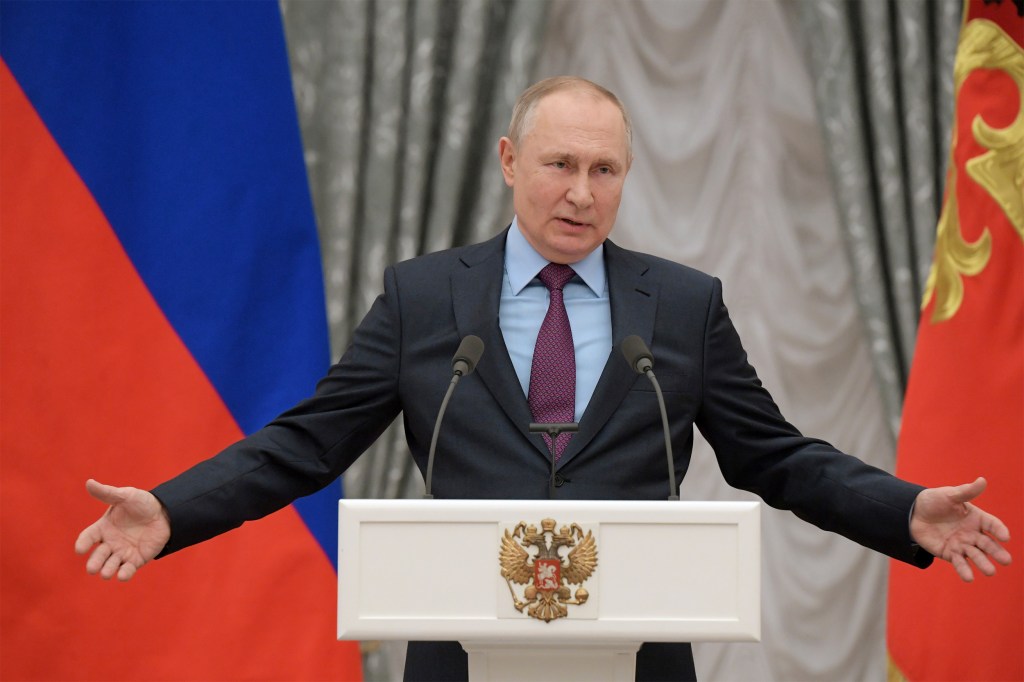
-
Upending Putin’s Russia-Ukraine myth
Yale historian and author Timothy Snyder discussed how the past, both real and imaginary, is driving the Russian Federation’s invasion of Ukraine.
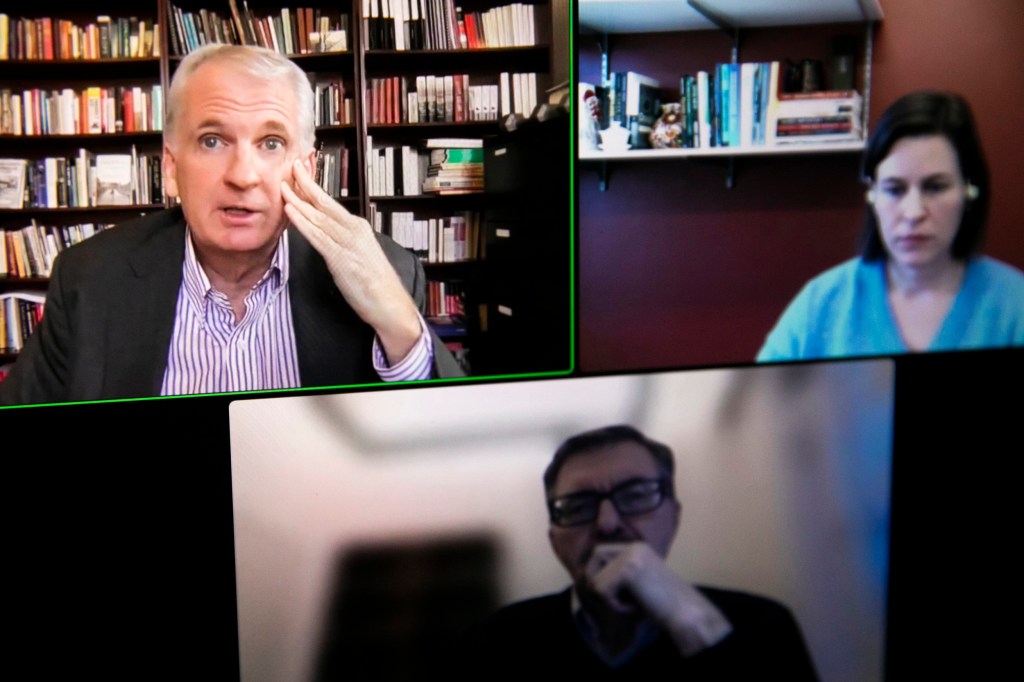
-
Stopping toxic flow of guns from U.S. to Mexico
Mexican officials, Harvard health policy scholars, and Georgetown law professor discuss a landmark lawsuit targeting U.S. firearm firms.

-
Their assignment? Design a more equitable future
As Biden pledges funds to undo harms caused by interstate highway system, GSD students imagine what that might look like in a dozen U.S. cities.
